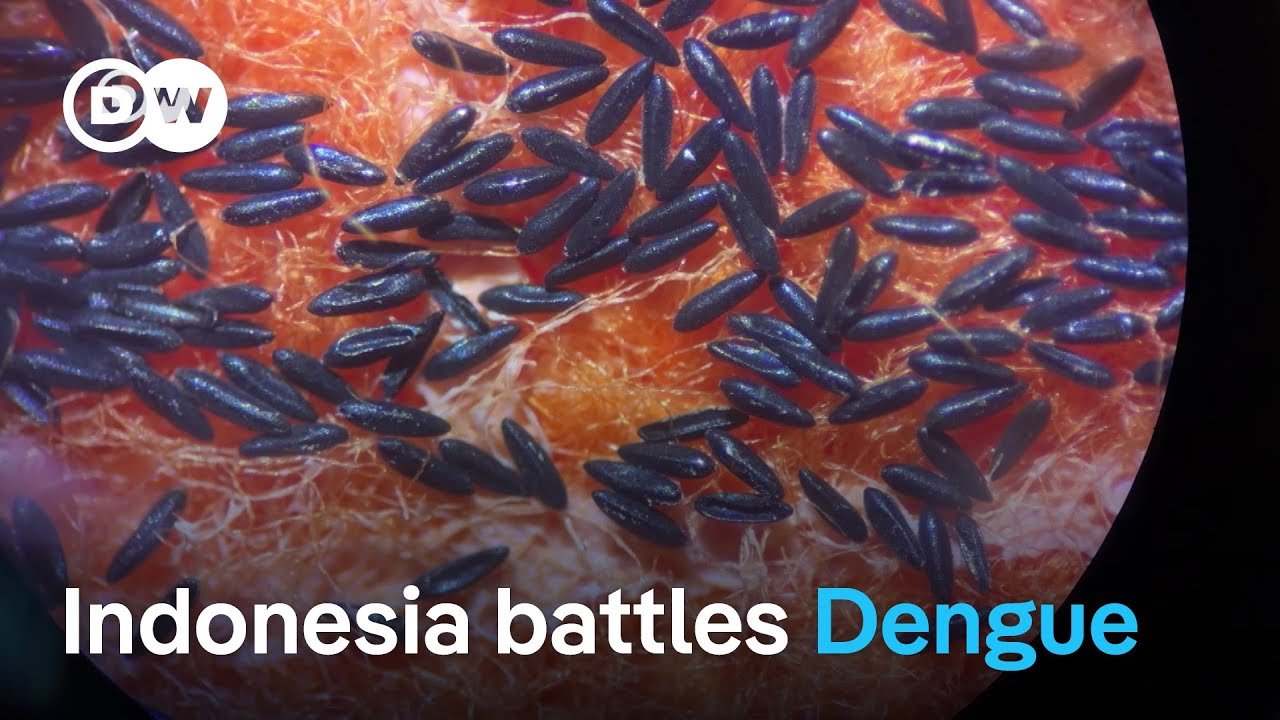- Scientists are employing a new strategy against Dengue fever by breeding mosquitoes that cannot spread the disease, thanks to a bacteria named Wolbachia.
- Despite the promising results of the mosquito breeding program, skepticism and misinformation on social media pose new challenges.
- The initiative has seen the distribution of 7 million mosquito eggs to 11,000 houses in Central Java, aiming to replace the Dengue-carrying mosquito population.
- Indonesia has experienced a threefold increase in Dengue cases in the first five months of this year compared to the same period last year, with some fatalities.
- The program has succeeded in reducing the number of Dengue cases by 77% in areas where it has been implemented, according to trials.
- Public acceptance and community support are crucial for the success of the Wolbachia mosquito program.
- Last year, the highest number of Dengue cases ever recorded was reported, and the World Health Organization warns this could be just the beginning, driven by factors such as climate change and increased human mobility.
- Climate change and rising temperatures are contributing to the faster breeding of mosquitoes and the spread of Dengue, alongside other factors like the movement of people and co-infections with similar symptoms.
DW News is a global news TV program broadcast by German public state-owned international broadcaster Deutsche Welle (DW).
AllSides Media Bias Rating: Center
https://www.allsides.com/news-source/deutsche-welle-media-bias
Official website: https://www.dw.com
Original video here.
This summary has been generated by AI.

Leave a Reply